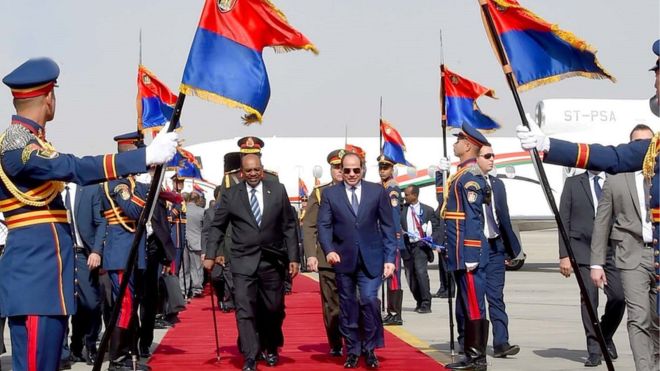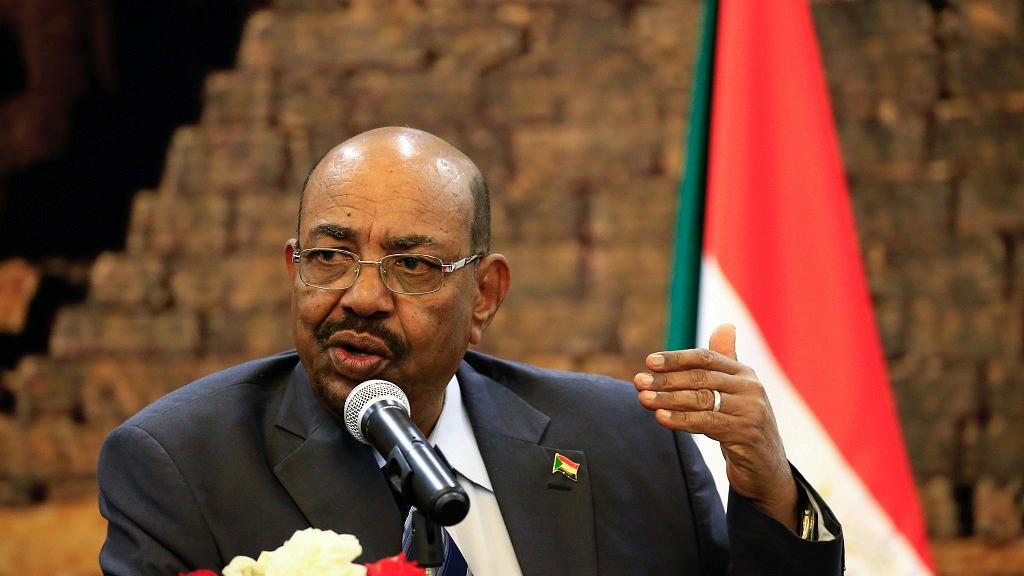Sudan’s President Omar al-Bashir has said that those protesting demanding his exit from power are copying “Arab Spring”.
The Arab Spring started in 2010 in Tunisia with series of anti-government protests leading to uprisings and armed rebellions.
It spread fast across the middle east that same year resulting in the toppling of regimes considered oppressive. But most of these uprisings were fueled by economic conditions of citizens.
Since December last year, Sudanese have been agitating over the country’s economic situation. It started first as protest over the price of bread.
Protests spreading fast
But that agitation has been sustained for more than four weeks now. The protests continue to spread across cities in Sudan.
Protesters often shout during “The people want the fall of the regime”. Sudan’s President on a visit to Egypt said “There are many negative organisations working on shaking the stability and security of the region.”
He adds that “We acknowledge that there is a problem, we are not claiming there is nothing but it is not as big as described by some media platforms. It’s an attempt to copy the so-called Arab Spring for Sudan.”

So far more than thirty people have been killed with rights groups saying the death toll could even be higher.
On Thursday further protests resulted in three more deaths. Two of the dead were university students. A doctors group says one of the students was hit by a bullet directly to his chest.
The ongoing protests in a sustained form appears to be the biggest threat to the three-decade rule of Omar al-Bashir.
Bashir has already vowed to continue as President and would not be stampeded into leaving office by the ongoing protest.
The Sudanese leader already has plans to run for the presidency for the third time in elections to be held in 2020.
Al-Bashir came to power in 1989 when he led a group of officers in a military coup that ousted a democratically elected government.
Source: Africafeeds.com



